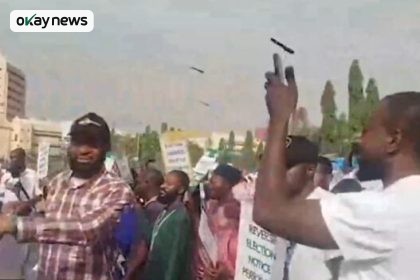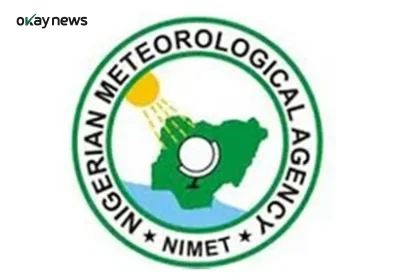Nigeria’s Minister of Foreign Affairs, Yusuf Tuggar, has debunked reports in some Western media outlets alleging that a genocide is being carried out against Christians in the country, describing the claims as misleading and harmful to Nigeria’s international image.
Speaking on Tuesday at the Reuters NEXT Gulf Summit in Abu Dhabi, Tuggar said the persistent false narratives about religious persecution in Nigeria pose one of the biggest diplomatic challenges the nation faces globally.
“One of our major challenges at the moment is the false narratives that are being created about Nigeria — this issue of religious persecution, Christians being persecuted — which couldn’t be further from the truth,” he said, according to a Reuters report on Wednesday.
The minister stressed that Nigeria’s reality is often distorted by external commentators who fail to understand the nation’s complex social and ethnic structure. He urged potential investors and observers to visit and experience the country firsthand.
Okay News reports that the minister’s remarks came amid growing online discussions by some United States political figures accusing Nigeria’s government of tolerating or supporting attacks against Christians — accusations that officials have repeatedly rejected.
Nigeria, with over 200 ethnic groups and a nearly even split between Muslims and Christians, practises both religions openly. While the country has witnessed occasional violent conflicts, experts note that most are driven by ethnic, political, and economic tensions rather than purely religious motives.
Tuggar also addressed other national issues at the summit, including economic resilience and Nigeria’s trade relations with major global economies. He explained that the country remains largely unaffected by the 15 per cent tariffs imposed by former U.S. President Donald Trump on Nigerian goods.
According to him, Nigeria’s large domestic market and strong trade partnerships with China, India, and Brazil have helped sustain economic stability.
“We are a very large country of 230 million people, so we have a huge internal market. That also means we have a larger talent pool than other countries,” Tuggar said, according to CNBC Africa.
He added that the Tinubu administration prioritises “strategic autonomy” by maintaining trade relationships with multiple countries based on shared interests rather than ideology.
The minister also discussed domestic reforms, including efforts to stabilise the foreign exchange market, introduce tax incentives, and enhance investor confidence through energy and structural reforms.
Tuggar criticised the approach of some developed nations toward Africa, warning against seeing the continent solely as a source of raw materials.
“Sometimes it’s like the game Minecraft: there’s oil, there’s gas, there’s critical minerals, rare earths. We put a bit of this, we invest in this. No, that’s not the way it goes,” he said. “The engagement should be based on mutual respect and shared interests. Africa needs to develop, or we’ll continue to face issues like irregular migration and economic instability.”







